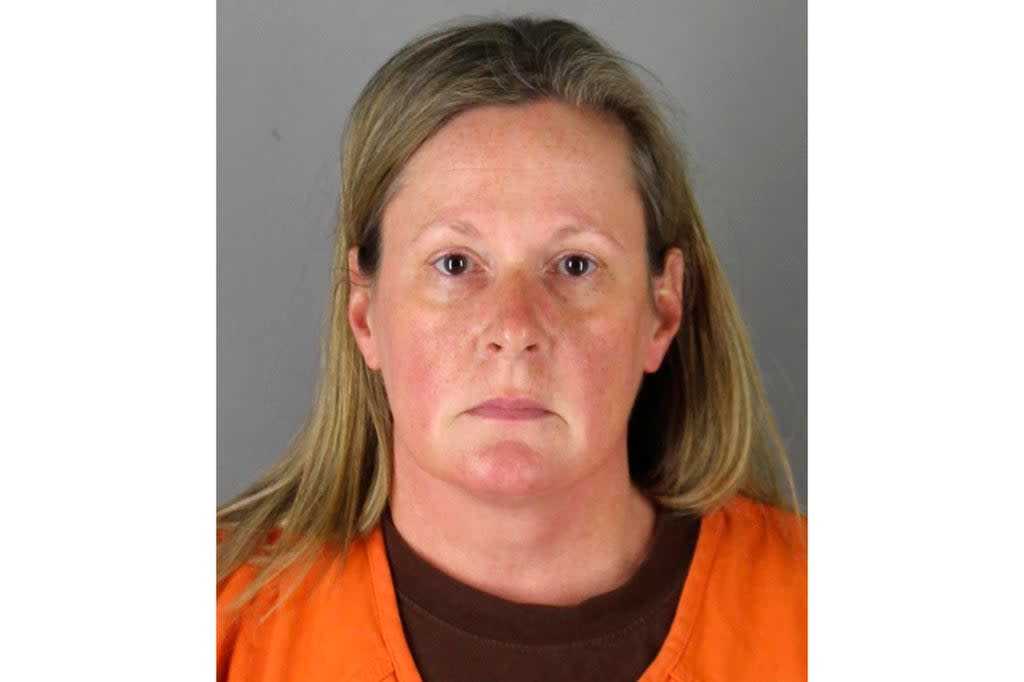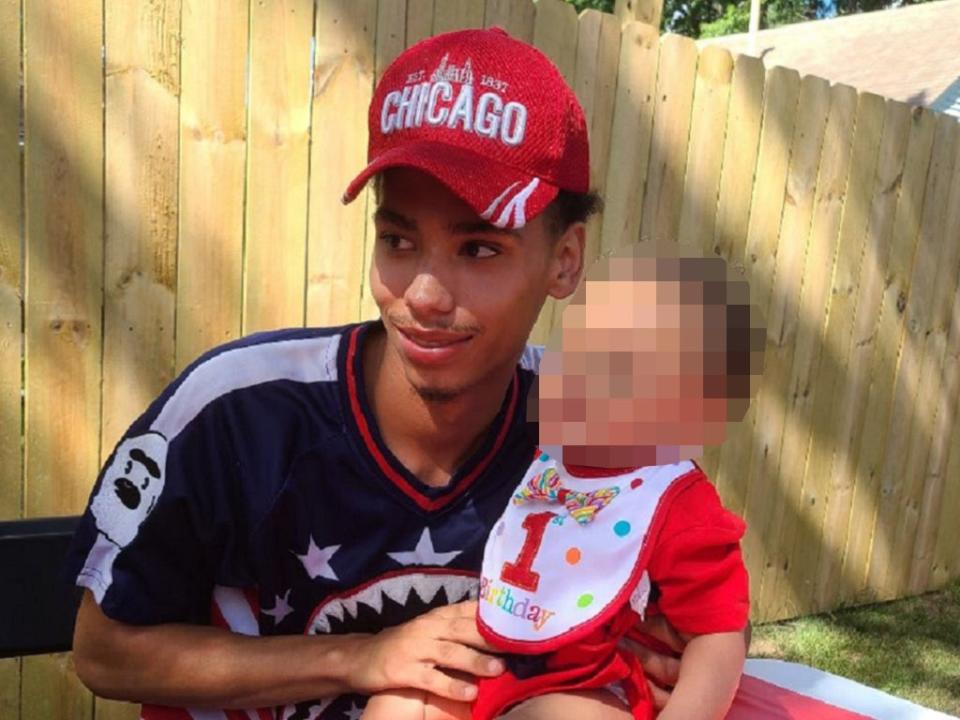Kim Potter trial: Who is the former Minnesota officer and why did she shoot Daunte Wright?

The jury is continuing its deliberations in the trial of former Minnesota police officer Kim Potter for the shooting death of Black 20-year-old Daunte Wright back on11 April 2021.
Jurors ended deliberations on Wednesday evening after failing to reach a verdict, following more than 24 hours of deliberations since Monday afternoon.
The jury, who are almost all-white, appear to be having trouble reaching a unanimous verdict and sent a question to the judge on Tuesday asking what to do if they could not agree on whether or not to find Ms Potter guilty or not guilty on two charges.
The judge told them that they must “deliberate with a view toward reaching agreement if you can do so without violating your individual judgment” and sent them away again.
If they are unable to reach a unanimous verdict, a mistrial will be declared and Ms Potter could stand trial for a second time.
Ms Potter, 49, a former Brooklyn Center Police Department officer, is charged with first-degree and second-degree manslaughter for shooting Mr Wright, a 20-year-old Black man, at a traffic stop in the Minneapolis suburb.
She has pleaded not guilty and faces up to 25 years in prison.
The jury has been presented with starkly different views of Ms Potter, with the defence adding that she made an innocent mistake by pulling her handgun instead of her Taser and the prosecution portraying her as a veteran cop who had gone through extensive training that warned of such a mix-up.
In closing arguments, prosecutors said she is guilty of “recklessness” and “culpable negligence” and that she endangered not only Mr Wright but her fellow officers and Mr Wright’s girlfriend when she shot him.
Ms Potter’s defence said Ms Potter had the right to use deadly force to protect her fellow officers and that Mr Wright “caused the whole incident” by failing to follow their commands.
The incident at issue began when Ms Potter and another officer she was training stopped Mr Wright’s car at a traffic signal because it had an expired registration tag, and an air freshener was hanging from the rearview mirror, jurors heard.
Once he was pulled over, Ms Potter determined that Mr Wright had an outstanding warrant against him on a misdemeanour weapons charge, and tried along with two other officers to arrest him.
As Mr Wright attempted to drive away, Ms Potter can be heard on body camera video saying “taser, taser taser” before firing her handgun.

In the aftermath, she was heard shouting: “I grabbed the wrong [expletive] gun.”
The video, shown during the trial from multiple angles, also showed her holding her handgun for about five seconds before firing.
Ms Potter resigned two days after the shooting saying it was in “the best interest of the community”.
The incident sparked widespread protests in the Minneapolis area, where tensions were already high as another white police officer, Derek Chauvin, was at the time facing trial for the 2020 murder of George Floyd, a Black man.
During jury selection, attorneys went through potential jurors looking at their attitudes toward Black Lives Matter (BLM) protests and policing just as in Chauvin’s trial through questionnaires filled out by them.

Around 200 potential jurors responded to questionnaires similar to the ones given out during Chauvin’s trial. In the questionnaire, jurors were asked to provide information on what they already know about the case and whether they have positive or negative impressions about Ms Potter and Mr Wright.
They were also asked whether they participated in protests following Mr Wright’s death, if they carried any signs in these protests and what these signs said.
Potential jury members were also asked whether anyone they know had been injured or if their property was damaged due to BLM protests.
Questions also revolved around policing, whether they have a positive or negative view about policing and whether they believed that the police should be defunded.
Additional reporting by agencies

 Yahoo News
Yahoo News 
